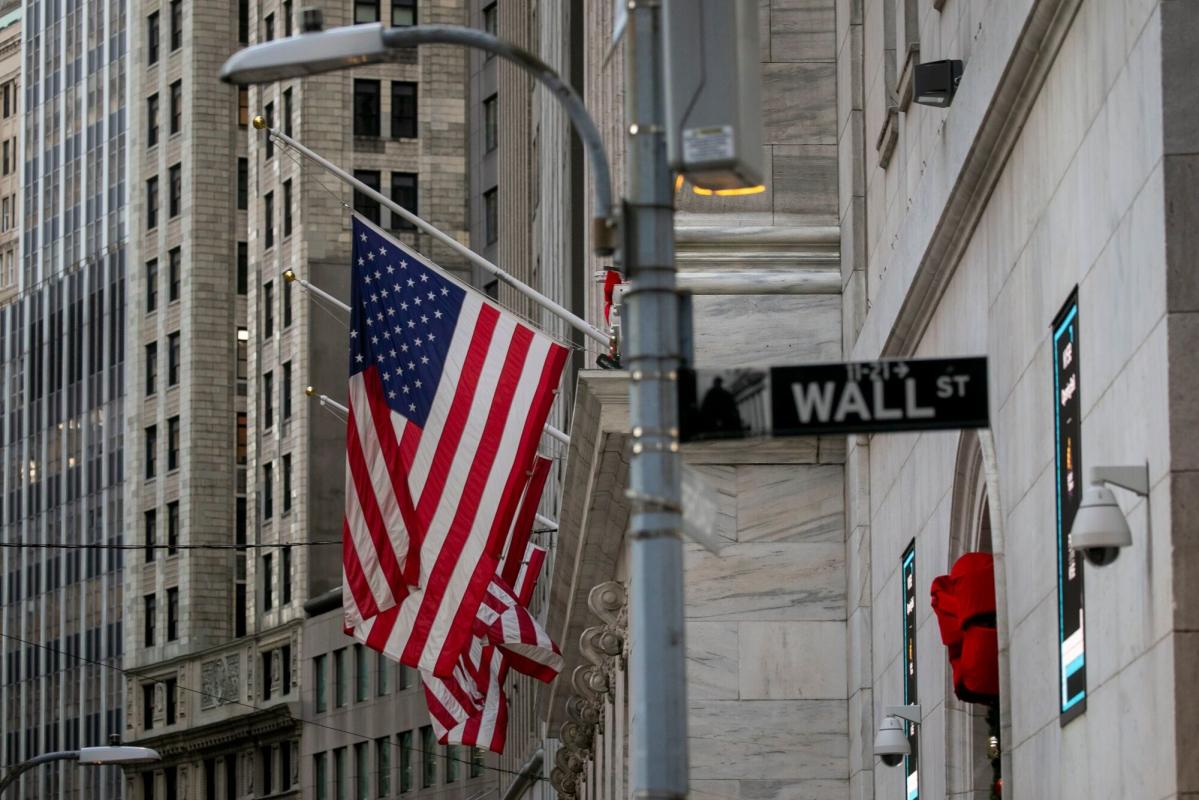(Bloomberg) — US Treasuries rose, halting a four-day selloff that had been driven by concerns over sticky inflation that may be exacerbated by President-elect Donald Trump’s plans for fiscal stimulus.
Most Read from Bloomberg
-
NYC Condo Owners May Bear Costs of Landmark Green Building Law
-
NYC’s Subway Violence Deters Drive to Bring Workers Back to Office
Japanese government bonds also edged higher after a 30-year auction received the strongest demand since 2020. Asian stocks fell for a second day and a gauge of emerging market equities was headed for a correction as Trump’s threat of additional trade tariffs unsettled investors.
Japanese and Australian equities led the weakness in the region, while US futures also slipped. Chinese shares on the mainland and in Hong Kong fluctuated, following data that showed deflationary pressures worsened in the world’s No. 2 economy.
A regional gauge of semiconductor stocks was marginally lower, following news that the Biden administration is planning an additional round of export restrictions on artificial intelligence chips. Nvidia Corp. dipped in post-market trading after the report.
A gloomy outlook for China’s economy is adding pressure on regional markets as the latest inflation readings suggest that Beijing’s stimulus efforts have so far failed to revive demand. Next up is Friday’s US employment report, which may shed more light on the Federal Reserve’s policy outlook.
“There was little deviation in China’s inflation data from what markets were expecting and hence, market reaction to it has been more limited thus far,” said Jun Rong Yeap, market strategist at IG Asia. “China’s consumer inflation remains subdued, which once again leaves deflation talk on the table and keeps market focusing on any upcoming consumption-driven stimulus.”
Meanwhile, Beijing expanded its support for the beleaguered yuan with a plan to issue a record amount of bills in the Hong Kong market to add demand for the currency overseas.
Elsewhere, the Australian dollar declined as weaker-than-expected retail sales data bolstered the case for an interest rate cut next month.
The yen strengthened toward 158 per dollar. Japanese workers’ base salaries grew the most in 32 years, offering potential support for the central bank to raise rates this month. Meanwhile, the country’s auction of 30-year government bonds Thursday met solid demand due to higher yields.

















